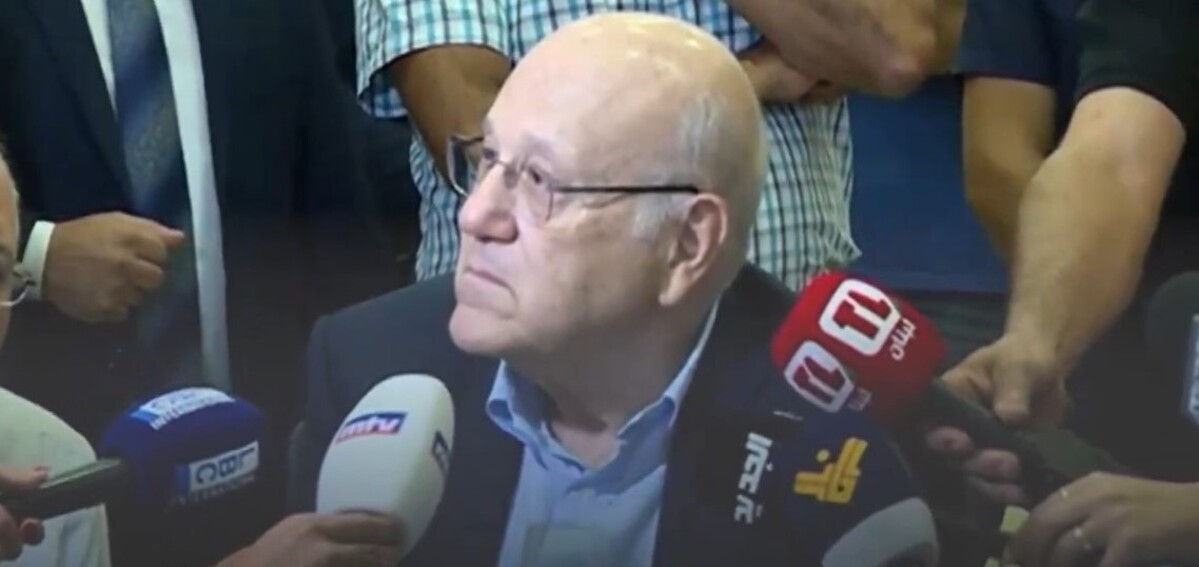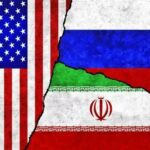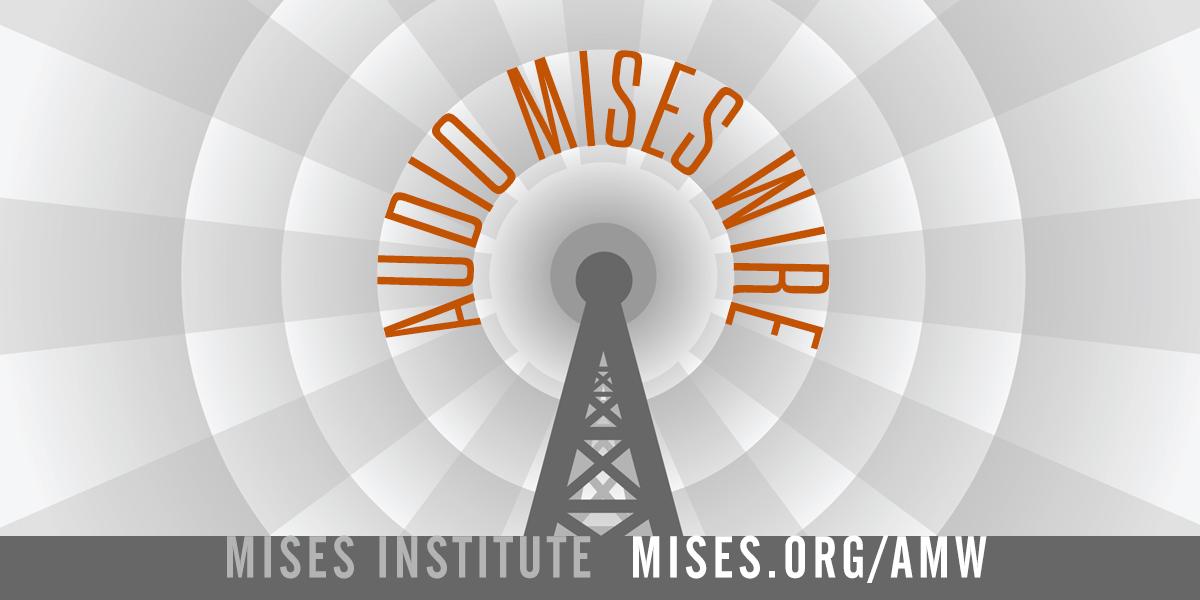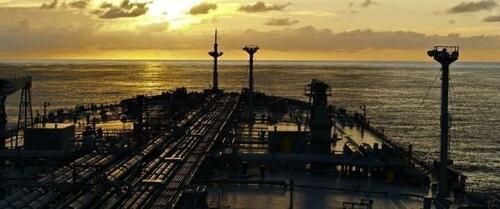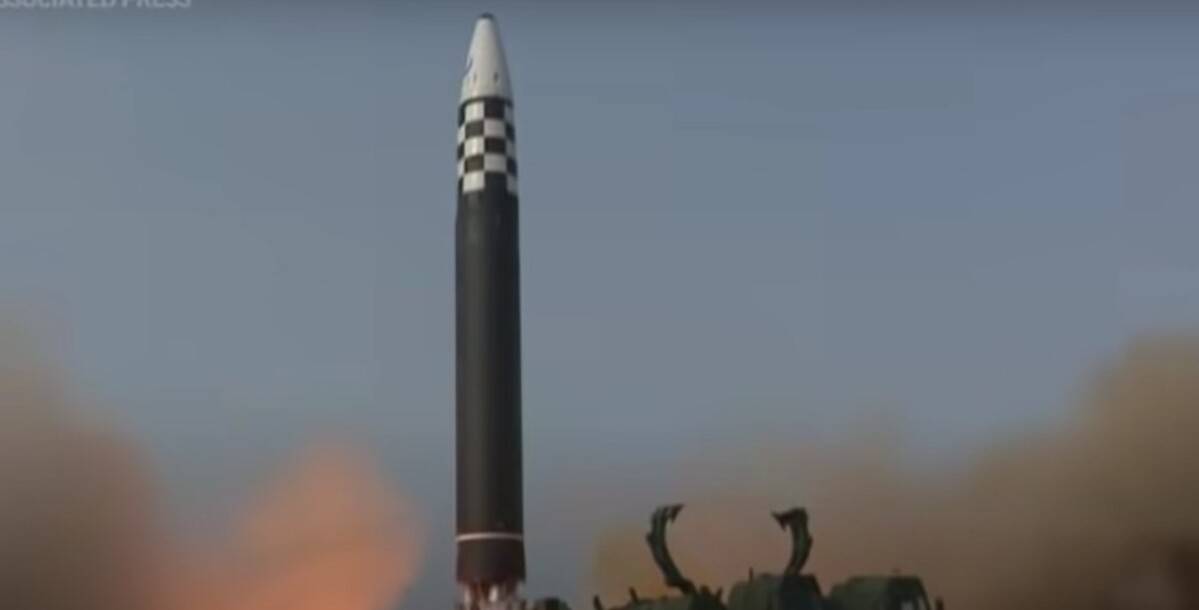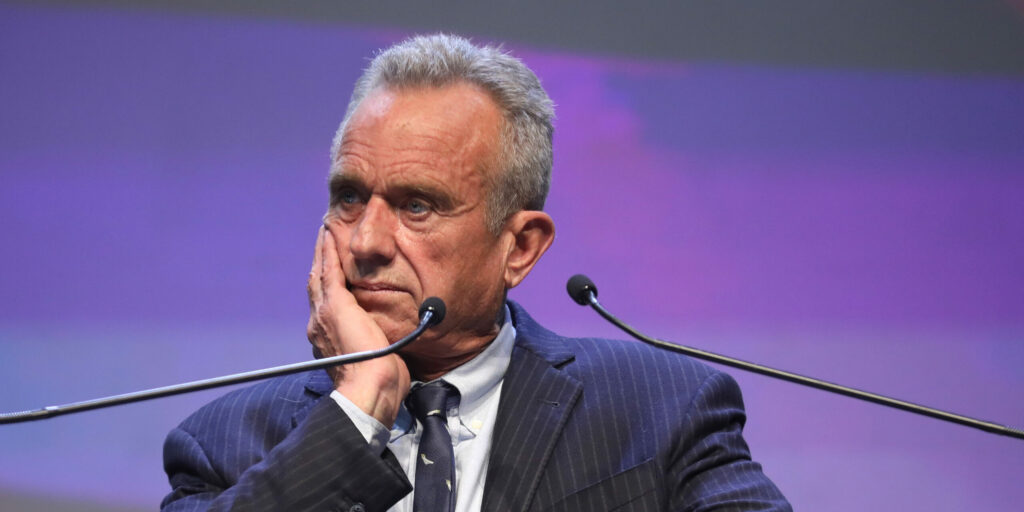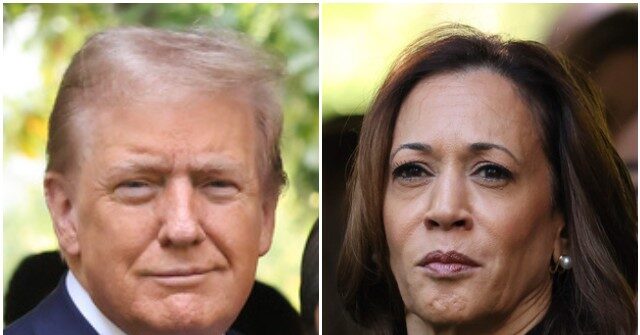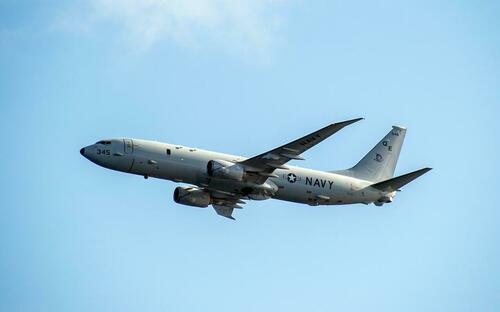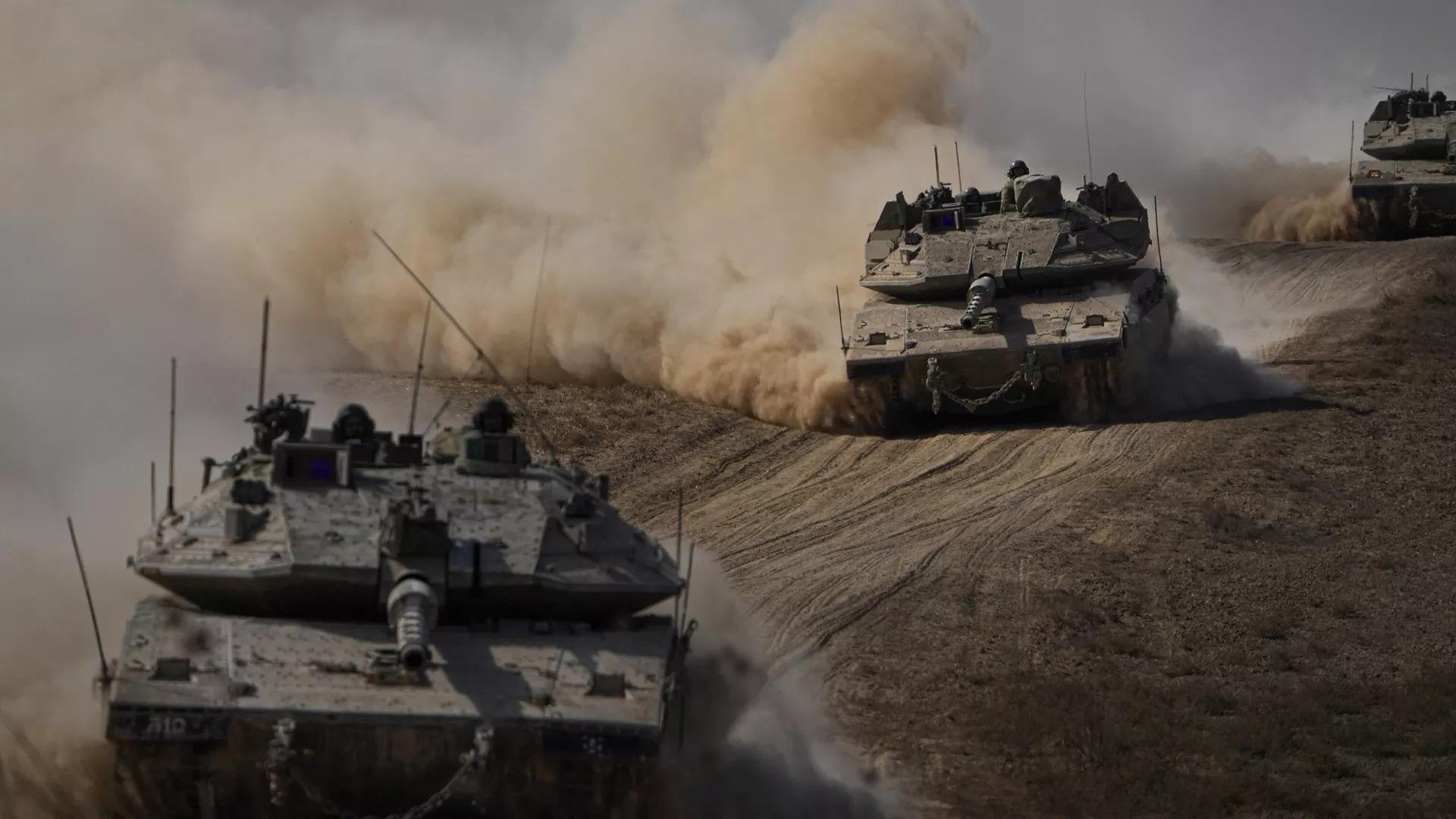Authored by Antonio Garcia via OilPrice.com,
-
Despite Western sanctions and oil price caps, Russia continues to use an aging “shadow fleet” of tankers to circumvent restrictions, allowing for stable oil exports.
-
Russian oil is now primarily heading to ‘friendly markets’ like China, India, and Turkey.
In response to Russia’s full-scale invasion of Ukraine in February 2022, the European Union and several other Western countries imposed extensive sanctions on Russia, attempting to stop the trade of Russian oil. In December 2022, the G7 countries decided on an oil price cap. However, Russia has found ways to circumvent these sanctions, primarily through the creation of a “shadow fleet” of oil tankers.
Despite robust US Treasury sanctions targeting the shadow fleet, Russia continues to expand it by incorporating new tankers, allowing for stable exports and further evasion of oil price caps. Only 36% of Russian oil exports were shipped by IG-insured tankers. For other shipments, Russia utilized its shadow fleet, which was responsible for exports of ~2.8 mb/d of crude and 1.1 mb/d of oil products in March 2024.

Kpler data shows that in April 2024, 83% of crude oil and 46% of petroleum products were shipped on shadow tankers. The shrinking role of the mainstream fleet fundamentally undermines the leverage of the price cap.

The shadow fleet is a collection of aging and often poorly maintained vessels with unclear ownership structures and lack of insurance. The number of old, outdated ships departing from Russia has increased dramatically. The EU has recently introduced legislation aimed at cracking down on the sale of mainstream tankers into the Russian shadow trade, but the problem persists. Russia managed to expand its shadow tanker fleet, adding 35 new tankers to replace 41 tankers added to OFAC’s SDN list since December 2023. These tankers, all over 15 years old, are managed outside the EU/G7. With 85% of the tankers aged over 15 years, the risk of oil spills at sea is heightened.
The shadow fleet poses a significant and rising threat to the environment. The aging and underinsured vessels increase the risk of oil spills, a potential catastrophe for which Russia would likely refuse to pay. The vessels can cause collisions, leak oil, malfunction, or even sink, posing a threat to other ships, water, and marine life. With estimates suggesting over 1,400 ships have defected to the dark side serving Russia, the potential for environmental damage is substantial. For instance, since the beginning of 2022, 230 shadow fleet tankers have transported Russian crude oil through the Danish straits on 741 occasions. Also, a shadow fleet tanker on its way to load crude in Russia collided with another ship in the strait between Denmark and Sweden. Last year, a fully loaded oil tanker lost propulsion and drifted off the Danish island of Langeland for six hours. Recovery after any potential oil spill could take decades.
Added to the environmental issue, seaborne Russian oil is almost entirely heading to the Asian markets, with India, China, and Turkey being the biggest buyers. In 2023, 86% of oil exports went to friendly countries compared to 40% in 2021, and 84% of petroleum product exports compared to 30% in 2021. This shift in export destinations highlights the changing geopolitical landscape of the oil market due to the sanctions and the rise of the shadow fleet.
Several measures have been proposed to address the challenges posed by the shadow fleet. These include stricter sanctions on individual vessels, increased scrutiny of financial institutions involved in Russian oil deals, and fines that would limit sales or decommission tankers. The G7 countries are taking measures to tighten control over the price cap and further pressure Russia. The US has introduced a series of sanctions against ships and shipowners suspected of violating the price cap. However, concerns remain that these measures could lead to higher energy prices and escalate tensions with Russia. The Danish foreign ministry has stated that “The Russian shadow fleet is an international problem that requires international solutions.”
The shadow fleet has allowed Russia to circumvent Western sanctions and continue profiting from its oil exports, but it has come at a significant cost. The environmental risks posed by these aging and poorly maintained vessels are alarming, and the shift in oil trade patterns is reshaping the geopolitical landscape. Addressing this complex issue will require concerted international efforts and a delicate balance between maintaining sanctions and ensuring stable energy markets. The situation is unsustainable, and the need for action is becoming increasingly urgent.
